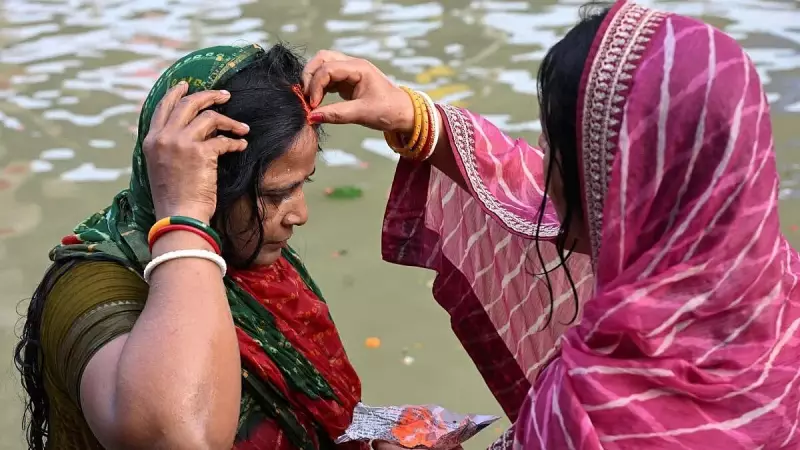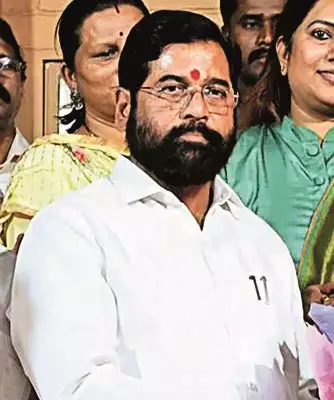
As the sacred festival of Chhath Puja approaches, Delhi's political landscape is witnessing a significant transformation. The Bharatiya Janata Party is leaving no stone unturned in its efforts to connect with the influential Purvanchali community through elaborate festival preparations.
Grand Preparations for Sacred Celebrations
The BJP has initiated comprehensive arrangements across multiple locations in the national capital. From designated ghats to proper facilities for devotees, the party is ensuring that the Purvanchali community can celebrate their most important festival with traditional fervor and convenience.
Political significance of these preparations cannot be overstated. With the Purvanchali population constituting approximately 25-30% of Delhi's electorate, their support could prove decisive in upcoming electoral battles.
Strategic Outreach to Eastern UP and Bihar Natives
The party's Purvanchali Morcha has been particularly active, organizing multiple events and ensuring that the community feels represented and valued. This cultural connect strategy appears to be a carefully calculated political move ahead of crucial elections.
Senior BJP leaders have been personally overseeing the arrangements, emphasizing the government's commitment to preserving and promoting traditional festivals. The message is clear: cultural recognition translates to political acceptance.
Beyond Politics: Cultural Preservation
While the political undertones are evident, the preparations also highlight the growing recognition of Chhath Puja as a mainstream festival in Delhi. What was once primarily celebrated by migrants from Eastern UP and Bihar has now gained wider acceptance across the capital.
The administration has designated numerous water bodies as temporary ghats, ensuring devotees have safe and accessible spaces for their rituals. Security arrangements, cleanliness drives, and basic amenities are being put in place to facilitate smooth celebrations.
Electoral Implications and Community Response
Political analysts suggest that this focused outreach could significantly impact Delhi's political equations. The Purvanchali vote, traditionally divided among various parties, has emerged as a key battleground in recent elections.
Community leaders have expressed appreciation for the recognition of their cultural practices, though many remain cautious about purely political motivations behind the sudden attention.
As Delhi prepares for Chhath Puja 2024, the convergence of faith and politics creates a fascinating dynamic that could shape the capital's future political narrative.






